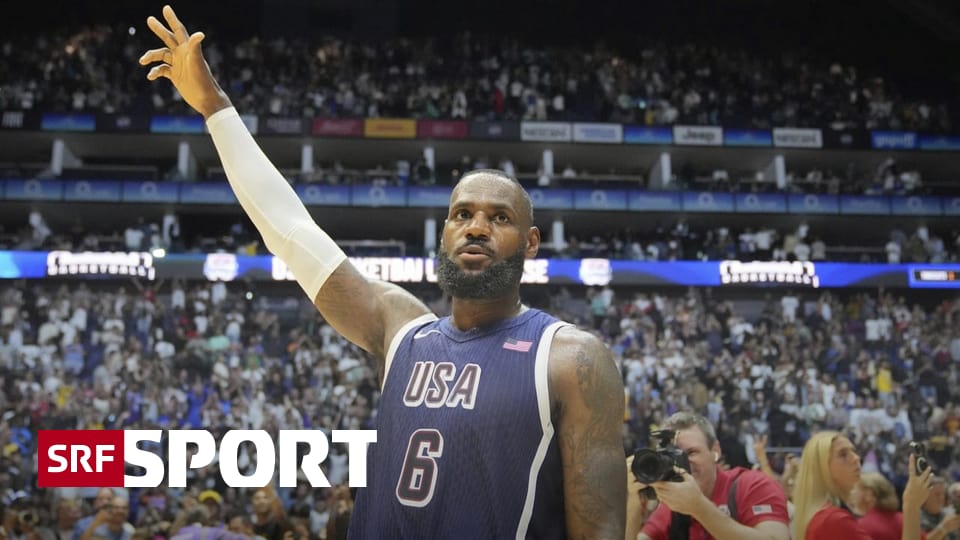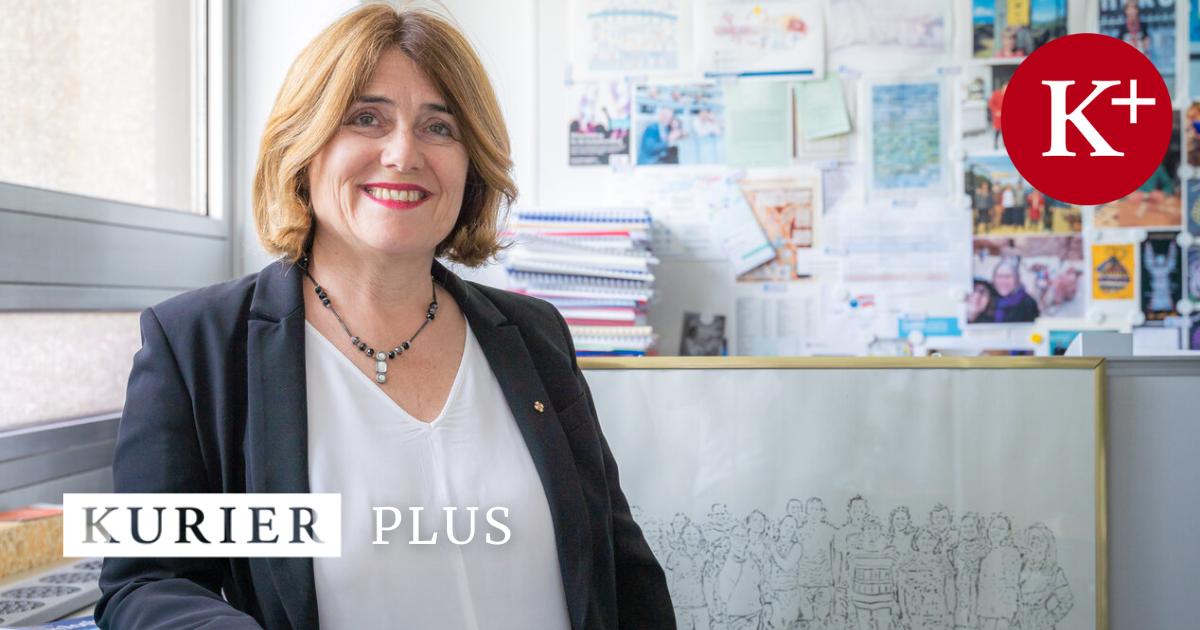Currier: What attracted you to cancer research, of all things?
Maria Sibelia: I always wanted to study medicine, but I didn't just want to cure diseases, I also wanted to understand them. I decided to do cancer research because my grandfather had lung cancer. Since then, I have researched the molecular basis of how cancer occurs and how cancer cells interact with the immune system.
What exactly do you do as a researcher?
You have innovative ideas, put forward hypotheses and try to prove or disprove them with experiments. It feels great when you take a step forward, but it can take years.
In what way?
When I was young, I was told that you would become a successful scientist if 20 percent of your experiments were successful. You have to keep trying new methods. 80% of the things you try lead to nothing.
How do you deal with so many disappointments?
You learn from mistakes. You must have a positive attitude. If something doesn't work out and you're left sad forever, you're in the wrong job. You need to be flexible and must be able to handle criticism and feedback and implement it positively. When my research projects are rejected, I put them in a drawer and deal with them later. There is no point in getting very angry.
What are you working towards as a cancer researcher, besides finding cures? In the long term, of course, we want to make cancer a chronic disease. In order to be able to research in peace, you must have enough money for research and obtain appropriate funding.
Some funding amounts to 2.2 million euros: is this a lot for a scientific project?
You need funding to implement projects. 70 to 80 percent of the funds are used for staff, and the remainder for material resources needed for research. With funding we can train future researchers. These PhD students do extremely valuable work.
Scientists are often portrayed in the media as lone fighters sitting alone in a room and doing research: how realistic is this image?
There is definitely a certain solitary nature. But over the past 15 years, research has become more interdisciplinary. Interaction is becoming more and more important. You work with doctors, analysts and big data. The research has become a team effort.
With competition?
Of course there is, but competition is healthy. It motivates you to be better. You need strong teammates to challenge and support each other with good ideas.
What do you want too?
A heavy dose of curiosity, luck, and a willingness to work long hours. I always tell my students: Science is passion. It's not a job like any other. If you have great talent but don't train every day, you won't be able to reach the top of the world.
So there is no work-life balance.
This is possible, but then you may not be able to take up jobs with high levels of responsibility. To be on top, you have to invest a lot of time, just like in top-tier sports.
What does your day-to-day work as a manager look like?
Sometimes my daily work can be boring because I also process a lot of paperwork. But the research itself is incredibly exciting. I've been researching the same topic for over 20 years, which is the role of the growth factor receptor, EGFR, in cancer development. You can always find new things in research and science is constantly evolving. If I had the choice, I would choose this career again.

“Alcohol buff. Troublemaker. Introvert. Student. Social media lover. Web ninja. Bacon fan. Reader.”







More Stories
Mission ‘Sunrise III’: Recovering Data Storage in Canada – Science
Ecologists Celebrate New Xesap National Park in Laos | Science
Is the wrong diet making you forget?